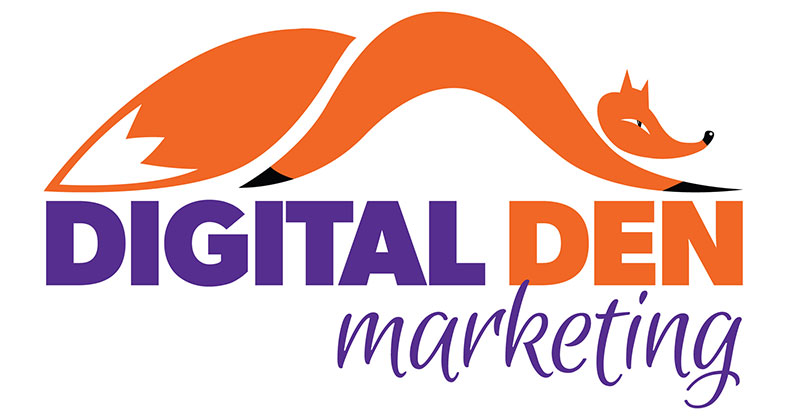There’s a saying I came across recently that struck a chord with me (excuse the pun). It goes like this – “Life without an aim is like a guitar without strings”.
There are many good reasons to have a strategy for life, for your career and whatever it is you are doing, and many of these you’ll be well aware of from your own experiences. However, in terms of a Content Strategy, you may be thinking, what is a Content Strategy?
Content Marketing has become a popular term in the last few years. The name might be kind of new, but it’s far from a new concept. A Content Strategy is really just a catch-all term for all of the marketing content organisations publish to promote their brands to their target audiences. It probably seems obvious now that you know, but did you know before? If you’ve learned something already, keep reading, as here are 5 good reasons to create a Content Strategy as part of your overall Marketing Strategy for 2015.
1. Creating a strategy is a great way to help you learn – it makes you do your research and put yourselves in the shoes of your customers. No matter how often we do something, or how well we think we know a subject matter, when you delve into it a bit deeper, you’ll always learn something new, and in digital marketing, things change quickly!
2. It helps you to identify your different content objectives, which results in a healthy variety of content – generally speaking most content aims to raise brand awareness, increase leads, and generate sales, however, it can pay dividends to be a bit more specific. I referred to some content goals in a previous article, outlined in SmartInsights Content Marketing Matrix – to entertain, to inspire, to educate, and/or to convince. One lesson to learn from these differing goals is that not all content should blatantly aim to sell your products and services. Why? – because your customers are smart enough to see through it, and just as quick to dismiss it. However, educate them, inspire them and entertain them, and you’ll find they are much more willing to consume your content, and engage with you.
3. It helps you to define your audiences, which leads to content tailored to the needs of each audience – when you are creating your content strategy, you will realise that you likely have a lot of different target audiences with differing needs, and trying to talk to all of them at the same time, giving them all the messages that might possibly apply to each of them might have the opposite effect to what you’re hoping, i.e. very confused messaging! Once you’ve defined each audience, and identified what it is they need and want to receive from you, then you will deliver much more targeted, effective and engaging content.
4. It helps you to get a lot more mileage out of your content – less time spent but better results gained in the long-run – we’re all guilty of posting something to our blog or social media channels just for the sake of adding some ‘fresh content’ (yes, me too sometimes!). Maybe every day you waste valuable time trying to come up with a new idea, or post more of the same! But a content strategy helps you to identify relevant and interesting content themes. Once rolled out, they will convey your core messages (and Unique Selling Points) consistently on different channels, in ways your audiences wish to consume them – a video on YouTube, a blog on your website, and an email marketing campaign may all be part of a single campaign based around the one content theme, rather than 3 disjointed themes on each channel.
5. There’s more chance of you creating all of this good content if you have a strategy – a strategy includes an action plan, which outlines the content themes you are going to focus on and when you will deliver each. Often this might be tied into seasons and special calendar dates such as bank holidays, Christmas and Valentines’ Day, or indeed special dates in your business calendar such as an annual conference or trade show. If you don’t have a good plan made in advance and miss the boat, next year can seem like a long time away and you’ve wasted an opportunity.
There’s a few more thoughts I could add to this list, but another thing about good content is that it should be long enough to get your points across, and add value, but not so long that you get bored and lose interest – I hope you are all still with me at this point!

